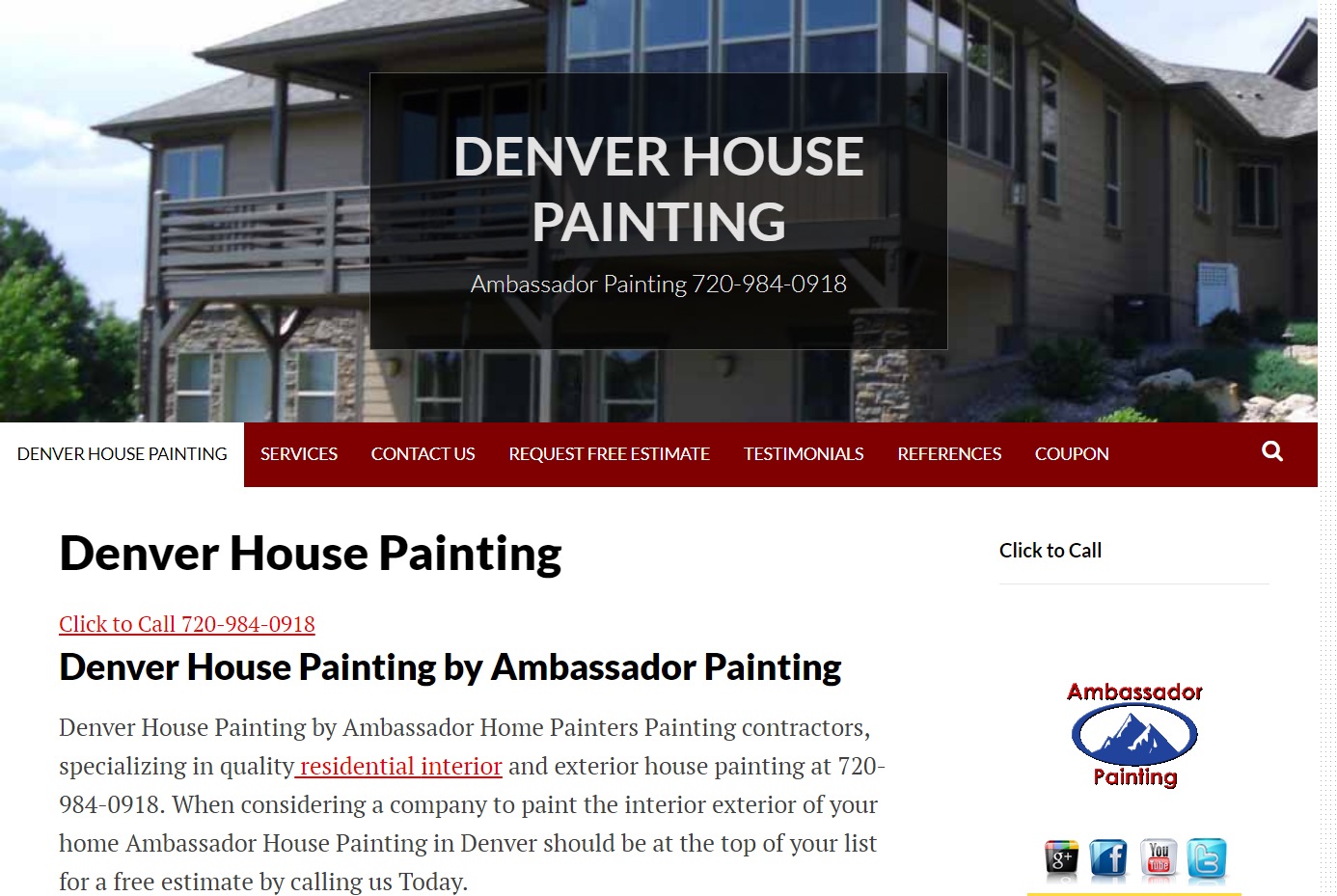You can save a bundle by doing the labor yourself. The biggest DIY expense is paint. Other expenses include buying or renting supplies and equipment, like caulk, primer, brushes, rollers, tarps and ladders or scaffolding. Freeman advises applying paint with brushes, not a sprayer. “If you overspray all the window frames and overspray your shingles and your sidewalks and the brick on the front of the house, you do damage that is not easily fixed,” he says.
First off all clients want a "deal" As a painting contractor for 38 years I can tell you that residential-commercial-industrial clients (and their needs are all diffrent. It seems this discussion mostly concerns residential repaints,so here goes--first off ALWAYS get a personal referance from a friend or co-worker. Always get an itemized contract that specifies the prep,color, number of coats, and specifics on payment. Remember you want to set up a relationship with the painting contractor of your choice. Bond, license and insurance are required to get a contractors license and are readily available online at your state Labor and Industries website. Second-- find someone you trust. He or his crew will probably be left alone in your home for most of the time. I always tell my clients that I wont bring someone to their home I wouldnt have in mine. Third--$$ Dont ever pay up front always insist on progress draws if the project is 2 or 3 phases remember If a contractor wants $3000 to do the job and you give him half up front he will be working for $1500. It WILL affect the quality of the product. In 38 years of business I have never taken a deposit and have never not been paid in full remember do what you said you would do for exactly what you said it would cost and there will be no problems with getting paid. one last reminder to clients you are also being evaluated when you interview a contractor. He is sizing you up as well. If he thinks you are a bit sketchy the the price will go up or he wont take the job at all. I have turned down some jobs that looked very profitable on the surface that turned out not to be so.(word gets around fast in the small painting community) Good Luck to clients and contractors
The national average cost for an interior painter ranges between $450 and $900. Interior painters can tackle everything from complete color makeovers in each of your rooms to touching up an accent wall to painting pieces of furniture. The square footage and complexity of the project, along with the materials needed, are the main factors that will affect cost. Other factors include whether you supply the paint yourself or want the painter to do so, whether you move the furniture and do the prep work or ask them to do it, and whether any repair work is needed on the walls. Painting the ceiling and the trim will also have an effect on cost. The type of paint you choose can also raise or lower your house painting cost. A gallon of paint may range from $20 to over $100, depending on quality and brand. Ask your painter if they charge per hour or per square foot, and how much you can save by doing prep work (moving furniture, etc.) yourself.
If you paint over dirty, oily surfaces, the paint will easily chip or peel off. So before painting, clean grimy areas with a deglosser or heavy-duty cleaner intended for prepaint cleaning. They work well to clean painted, varnished or enameled surfaces to improve the adhesion of the new paint. They’re ideal for cleaning greasy or oily areas like kitchen and bathroom walls and removing hand marks around light switches and doorknobs.

